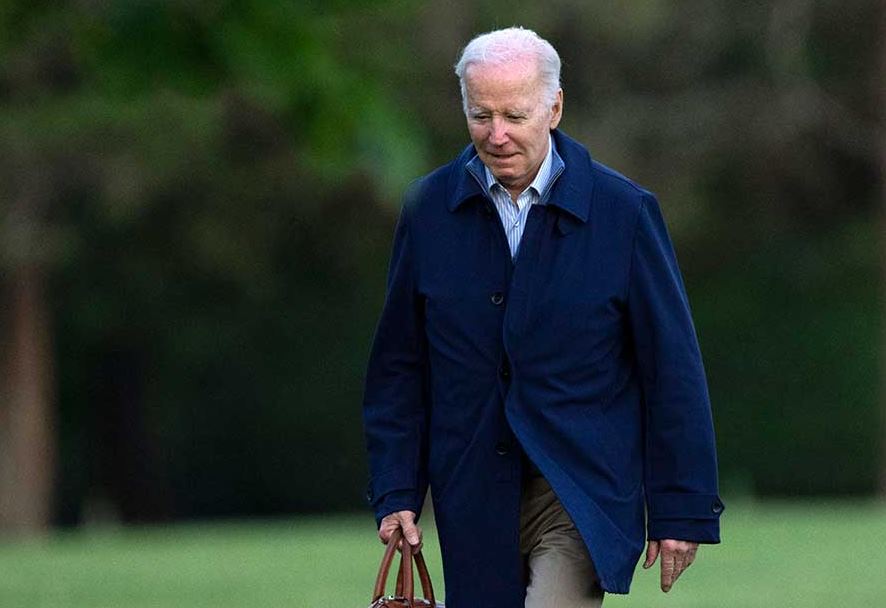President Biden has greatly expanded the use of humanitarian parole programmes to let hundreds of thousands of new immigrants into the US despite a lengthy impasse in Congress over immigration.
Immigrants may travel to the United States and rapidly acquire work permits thanks to the provisions implemented over the last year to give asylum to refugees fleeing the Ukraine, Haiti, and Latin America.
About 300,000 Ukrainians had entered the United States by mid-April under different programmes, which is more than the total number of refugees allowed to the United States during the last five years.
About 360,000 people from Venezuela, Cuba, Nicaragua, and Haiti are expected to gain admission by the end of 2023 through a similar private sponsorship initiative introduced in January to stem unauthorised crossings at the southern border.
Even though previous president Donald J. Trump tried to get rid of it, the number of immigrants in the United States with temporary protected status has grown substantially during the Biden administration. According to a recent research from the Pew Research Centre, around 670,000 individuals from 16 nations have had their protections extended or became newly eligible since Mr. Biden assumed office.
The legal immigration system is essentially based on family connections and, to a lesser degree, work, but opponents have already charged that the government is abusing its discretionary authority.
Texas, Florida, Tennessee, and Arkansas are just a few of the Republican-led states that have filed a federal lawsuit demanding a halt to the parole programme for citizens of Cuba, Haiti, Nicaragua, and Venezuela. The states claim the programme will admit 360,000 new immigrants per year from these countries, increasing the financial burden on the states in the areas of healthcare, education, and law enforcement.
One of the plaintiffs, Alabama, stated that the state was spending an estimated $324.9 million annually to support the estimated 73,000 undocumented immigrants living there without health insurance and with incomes below the poverty line.
The adoption of the programmes for Latin Americans was a response by the Biden administration to criticism of the chaotic situation at the southern border, which witnessed 1.5 million unauthorised crossings in the previous year. It sidestepped Congress’s unsuccessful efforts over many years to legalise undocumented employees already in the country or to increase the number of visas available to firms seeking temporary workers.
Although the new parole programmes are only in effect for a limited time (typically two years, unless extended), they are already altering the composition of incoming immigrants. In spite of the fact that they flooded the border last year from many of the same conflict-ridden nations, the migrants who were accepted to the country have not been permitted to work for at least six months after filing for asylum.
Former President Barack Obama’s executive action to establish the Deferred Action for Childhood Arrivals (DACA) programme, which granted young undocumented immigrants work permits and a reprieve from deportation, was among the most consequential immigration policies of the last several administrations. Mr. Trump used his power to exclude citizens of certain nations from entering the United States.
The state’s oil industry is eager to sponsor people from additional countries, such as Venezuela, which has a robust petroleum sector and whose nationals are also eligible for humanitarian parole, according to Brent Sanford, a former lieutenant governor who is leading the state’s project to tap into the humanitarian parole programme.

